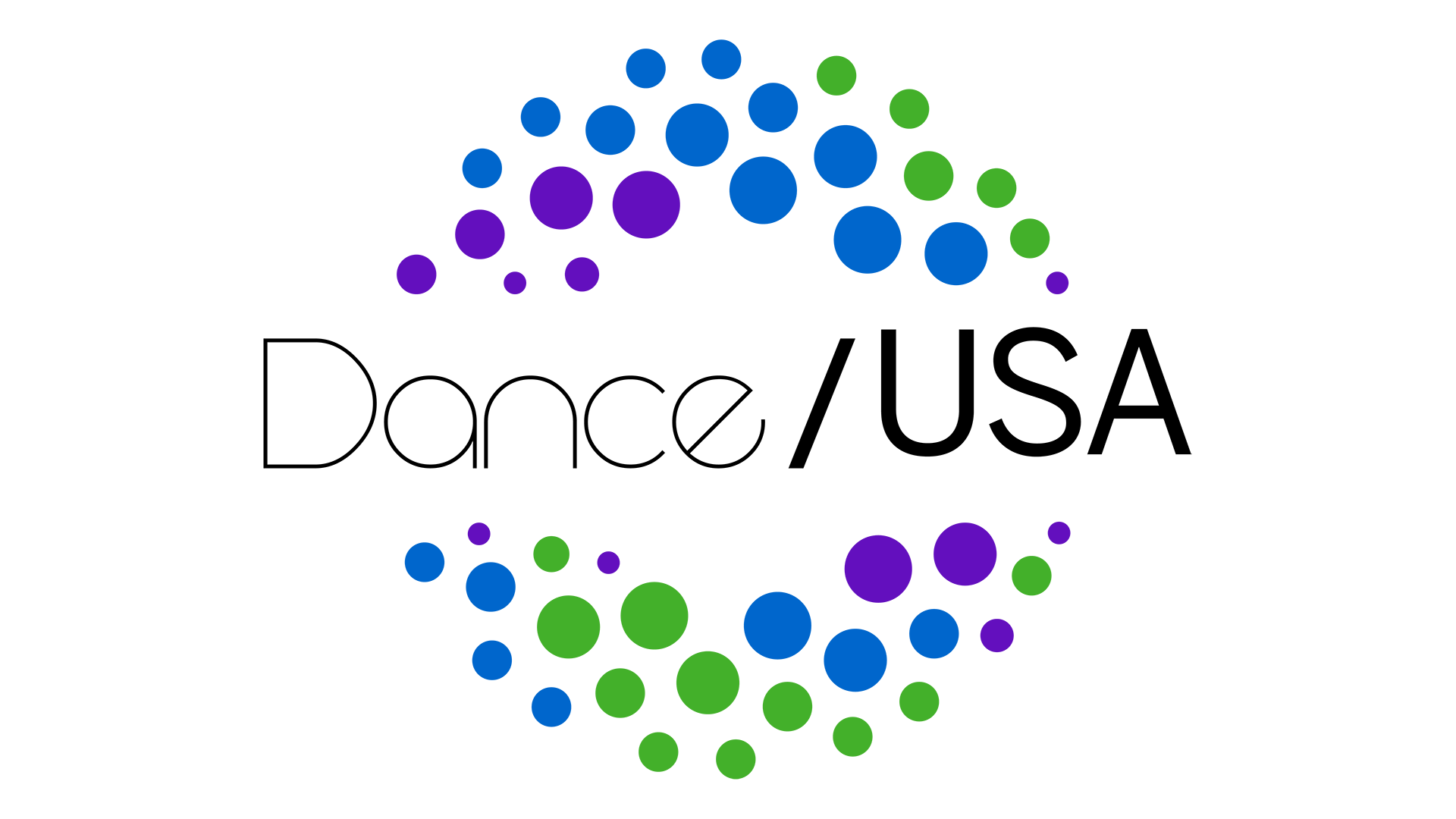By Sydney Skybetter
So! Congratulations are in order. You’re about to graduate from your dance program and enter into the real world! I hope you’re feeling amply prepared, totally comfortable and at ease with the mammoth transition to come.
…
Guys? … Oh. You’re freaking out? You feel like you don’t have a clue what you’re getting into? How you’ll get paid / afford rent / find a place to make work / find auditions / get a job / afford insurance / pay off your historically huge student loans?
Okay. First, you should know that graduating will very likely not kill you, and that you’re not alone. The average college dance program has more in common with its 18th century ancestors than the contemporary world. The average college dance program has more in common with its 18th century ancestors than the contemporary world we live in, and likely hasn’t done much to help explain to your family that, A) being a dancer isn’t the same as being a Rockette, B) it would be awesome to be on “You Think You Can Dance?” but that’s not really the point, and C) just because your younger brother is a badass at the “Just Dance 4” video game doesn’t mean he’s a better dancer than you.
Let’s start with the bad news. Remember the plot from every dance movie ever, where the protagonist overcomes adversity to get a starring role in a major dance company? (See Fame and its inevitable remake, Staying Alive, Center Stage, Center Stage: Turn It Up, Billy Elliot, Black Swan, The Turning Point, among thousands of others.) It turns out there aren’t many of those jobs any more. Sure, there are a few gigs that come with juicy solo parts and health insurance, but they’re pretty hard to find, and as institutional companies fold or devolve into chaos one by one (Cunningham, Brown, et al) they’re getting rarer and rarer.
Oh. And you know how you’re such a fierce dancer? How you can do, like, 11 pirouettes while kicking your head from behind or whatever? Well there are dozens of dance departments pumping out hundreds of fierce dancers every year. Everyone is a fierce #$@&% dancer. And they all want the same jobs you do.
In summary: Everything is terrible.
But here’s the good news. There have never been more people interested in dance in this country. Period. Look at the insane and out-of-the-blue success of Jennifer Homans’ Apollo’s Angels, which sold a billion copies while also being a dry-as-toast history of the Western ballet tradition. Or, take for example, the fact that we now have 12 nationally syndicated TV shows with dance as their organizing principle? Or that the Bolshoi Ballet live streams its performances, reaching millions of people internationally through its (highly profitable) media division? Or that the video game series “Just Dance” has nearly 40,000,000 copies? Sure, the National Endowment for the Arts doesn’t give money out like it used to. Now we have Kickstarter. Sure, we have fewer dance venues than we used to. Now we have the Internet. Sure, your education probably didn’t prepare you for the volatility of today’s world. Fortunately, we have Fractured U, Udacity, Audible, Twitter, Clay Shirky, Bill Bragin, Nancy Wozny, Adam Huttler, and Nina Simon. Follow these folks to stay in the loop.
This all points to a dance world in flux, not a dance world that is dying. The possibilities for work in dance are getting broader and broader, even though they may not be what you expect. For example, look at Celia Rowlson-Hall (the Yvonne Rainer of our era), who went from being a Bessie award winning dancer/choreographer to a dancerly filmmaker who works with everyone from Lee Jeans to Kate Spade. There’s also choreographer Chase Brock, whose company was hired to bring the wii video game “Broadway Dance” to life, and Trey McIntyre and John-Michael Schert, who have almost single handedly wrested ballet from the doldrums of audience engagement and in Boise, Idaho, no less. There are plenty of opportunities to be had, but only when you embrace the entrepreneurial spirit of our era, and leave the conservative grips of our past behind.
So on behalf of the dance world, permit me to apologize for the mess you’re entering into. It’s insane. But it’s *incredibly* exciting. The world you thought you were entering into is long dead, and none of the old (anti-intellectual, super-sexist, super-classist and SUPER-racist) rules of dance history need hold true for you. So go forth. The search for new ways of moving, dancing and sustaining a career is ON. Read some books. Eat your Wheaties. Learn your dance history, and get out there and make our shared dance future.
 Sydney Skybetter is a technologist, choreographer, and speaker based in Washington, D.C. Sydney has consulted for a bunch of blue-chip companies – The National Ballet of Canada, the DBNA Group, Sterling Publishing/Barnes & Noble among illustrious others – and lectures on everything from dance history to technology to why you shouldn’t be an idiot on the Internet. He has been brought in to speak by the Lower Manhattan Cultural Council, New York University, Juilliard, Dance/USA, and Opera America, among others, and is the co-host of #SKYNOVA, an Internet TV show that features culture warriors in their native habitats. He’s also the artistic director of the dance company skybetter and associates, which is fully awesome, and apologizes in advance for the number of adorable baby pictures he puts on the Twitter.
Sydney Skybetter is a technologist, choreographer, and speaker based in Washington, D.C. Sydney has consulted for a bunch of blue-chip companies – The National Ballet of Canada, the DBNA Group, Sterling Publishing/Barnes & Noble among illustrious others – and lectures on everything from dance history to technology to why you shouldn’t be an idiot on the Internet. He has been brought in to speak by the Lower Manhattan Cultural Council, New York University, Juilliard, Dance/USA, and Opera America, among others, and is the co-host of #SKYNOVA, an Internet TV show that features culture warriors in their native habitats. He’s also the artistic director of the dance company skybetter and associates, which is fully awesome, and apologizes in advance for the number of adorable baby pictures he puts on the Twitter.
____
We accept submissions on topics relevant to the field: advocacy, artistic issues, arts policy, community building, development, employment, engagement, touring, and other topics that deal with the business of dance. We cannot publish criticism, single-company season announcements, and single-company or single artist profiles. Additionally, we welcome feedback on articles. If you have a topic that you would like to see addressed or feedback, please contact communications@danceusa.org.
Disclaimer: Opinions expressed in guest posts do not necessarily represent the viewpoints of Dance/USA.



